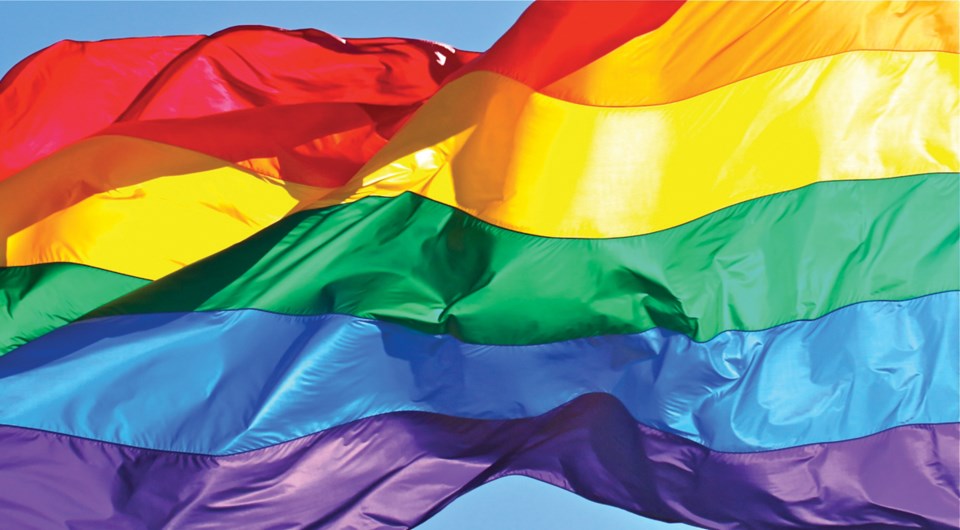A report ranked Colorado the 10th best state in the country for its LGBTQ+ business climate.
The annual report produced by Out Leadership, a global network for LGBTQ+ business leaders and companies, quantified legal, political, emotional support, health, business and other parameters for LGBTQ+ Americans by state to create an overall ranking.
New York was the top state for LGBTQ+ business culture for the second year in a row, followed by Connecticut, Massachusetts, New Jersey, Vermont, Maine, Illinois, Oregon and California. The lowest ranking states in the report were Montana, Texas, Alabama, Mississippi, Louisiana, Arkansas, South Dakota, Tennessee, Oklahoma and South Carolina — in 50th for the third year in a row.
With 4.6% of Coloradoans identifying as LGBTQ+, the state achieved perfect marks for legal and nondiscrimination protections for LGBTQ+ people. With strong discrimination laws, Colorado became the third state with three gender options and self-attestation for state IDs in 2020.
The state also ranked highly for youth and family support. The report cited the fact that same-sex couples must be married or in a civil union to adopt. Additionally, youths in foster care are protected on the basis of sexual orientation and gender identity, but potential adoptive parents can’t be ruled out for their religious beliefs. Conversion therapy for minors is prohibited.
For political and religious attitudes, the report points to Colorado’s openly gay Gov. Jared Polis along with two U.S. Senators holding a consistent record of voting for LGBTQ+ rights and inclusion. The report said that Colorado currently has no laws allowing for religious exemptions from civil rights law.
Health access and safety had more pitfalls for Colorado, where the threshold for HIV criminalization has grown much higher but still has legal repercussions for sexually transmitting the virus. The report argues that HIV criminalization laws are discriminatory and ineffective.
The state’s hate crime protections cover sexuality and trans-specific status, though the law does not mention gender identity. Transgender healthcare is covered both under the state’s Medicaid plan and by private insurerers.
Work environment and employment is the category where Colorado fell the shortest, with 11% of transgender employees in Colorado reporting harrassment in the past year due to their gender identity. Another 31% report mistreatment such as having someone at work share private information about their gender.
Nearly a quarter of LGBTQ+ individuals in Colorado reported food insecurity, double that of their non-LGBTQ+ peers. Up to 21% of LGBTQ+ individuals in Colorado reported making less than $24,000 per year, according to the report. The report also said that 6% of LGBTQ+ individuals report unemployment in Colorado, higher than the rate for non-LGBTQ+ peers.



